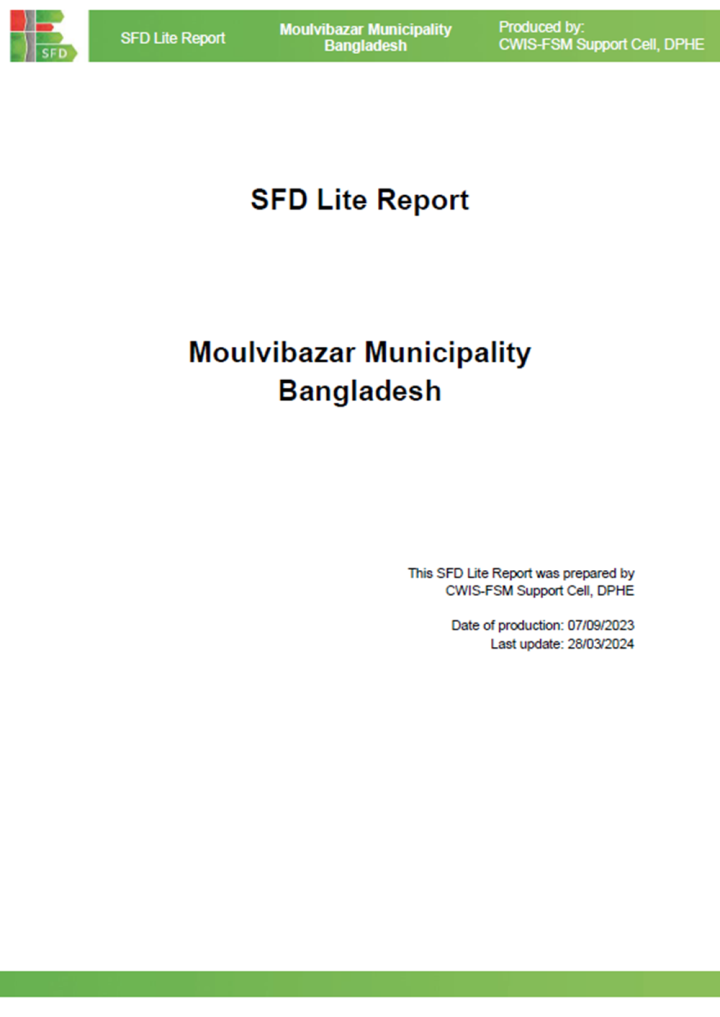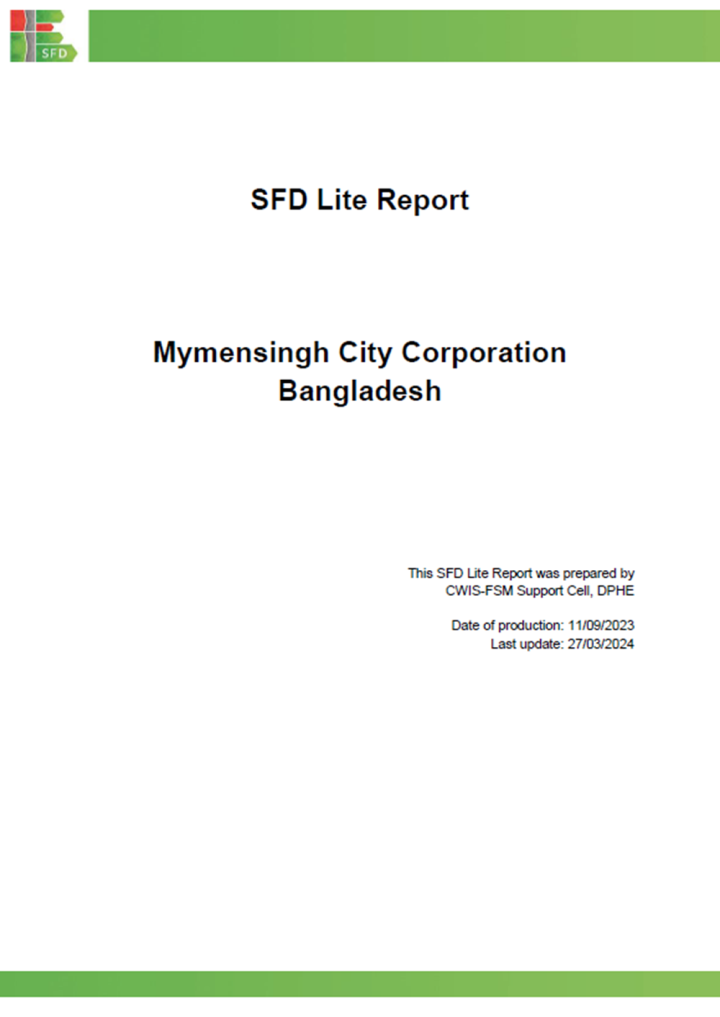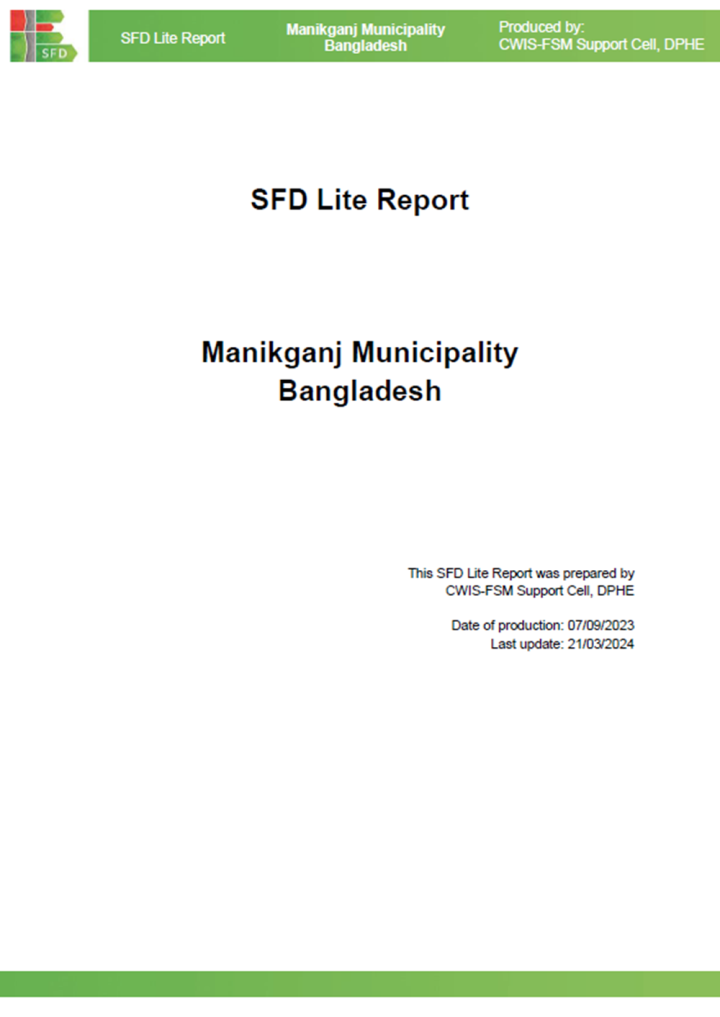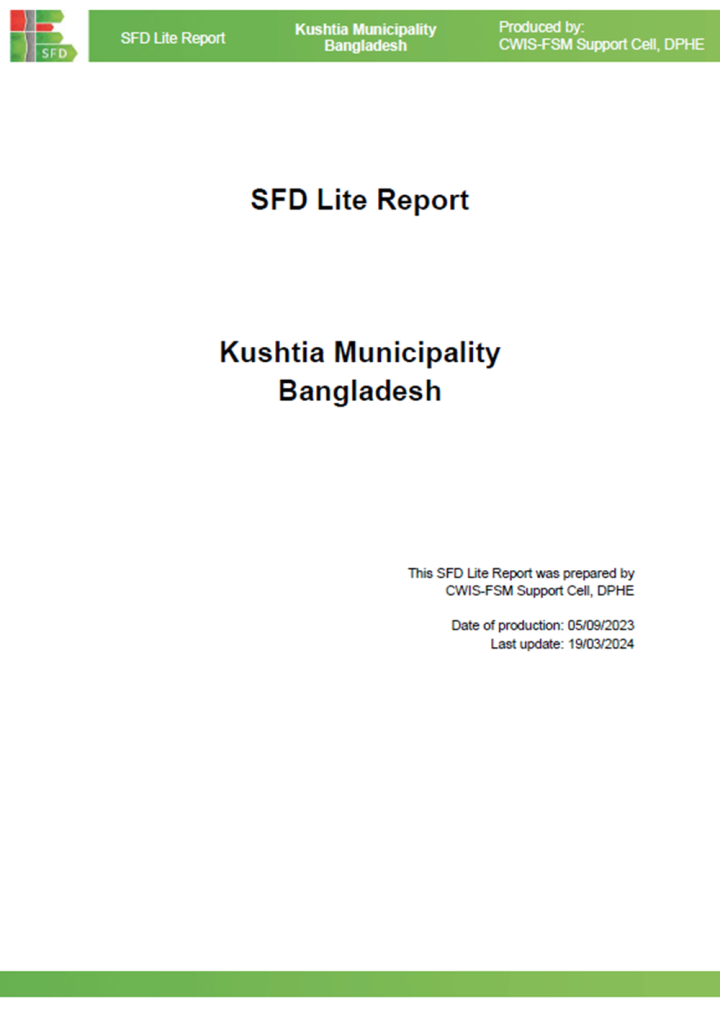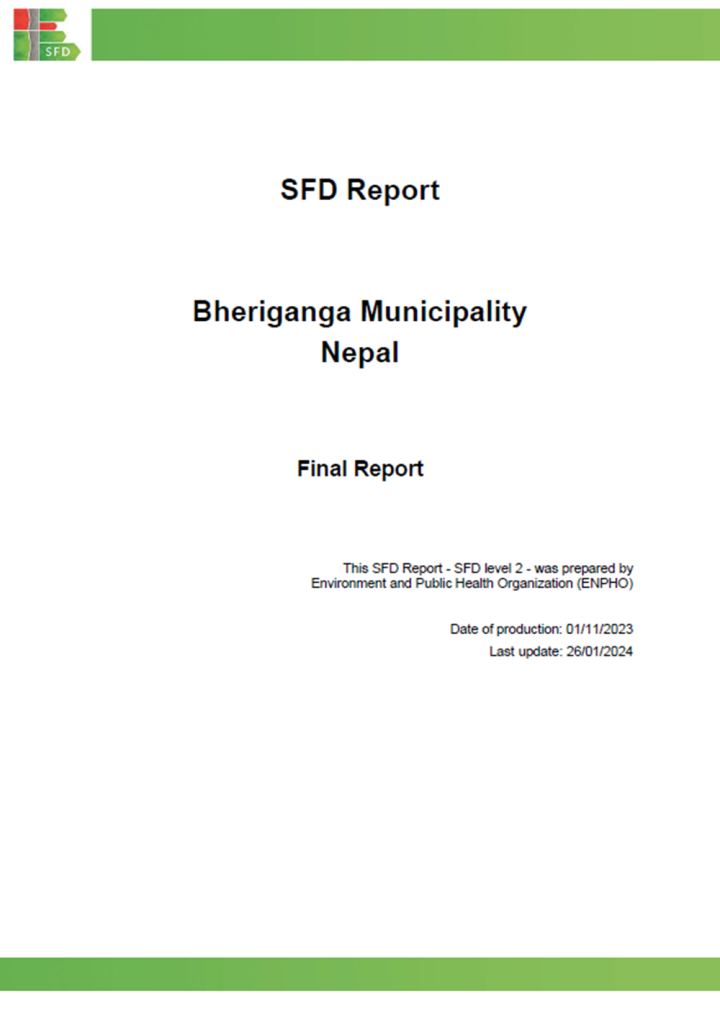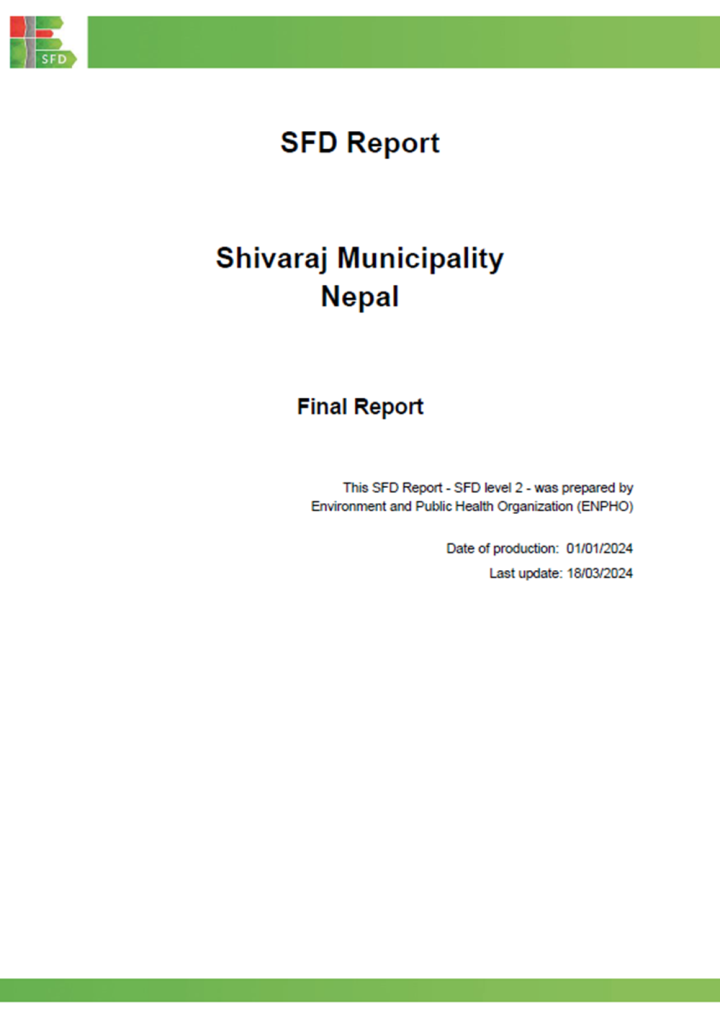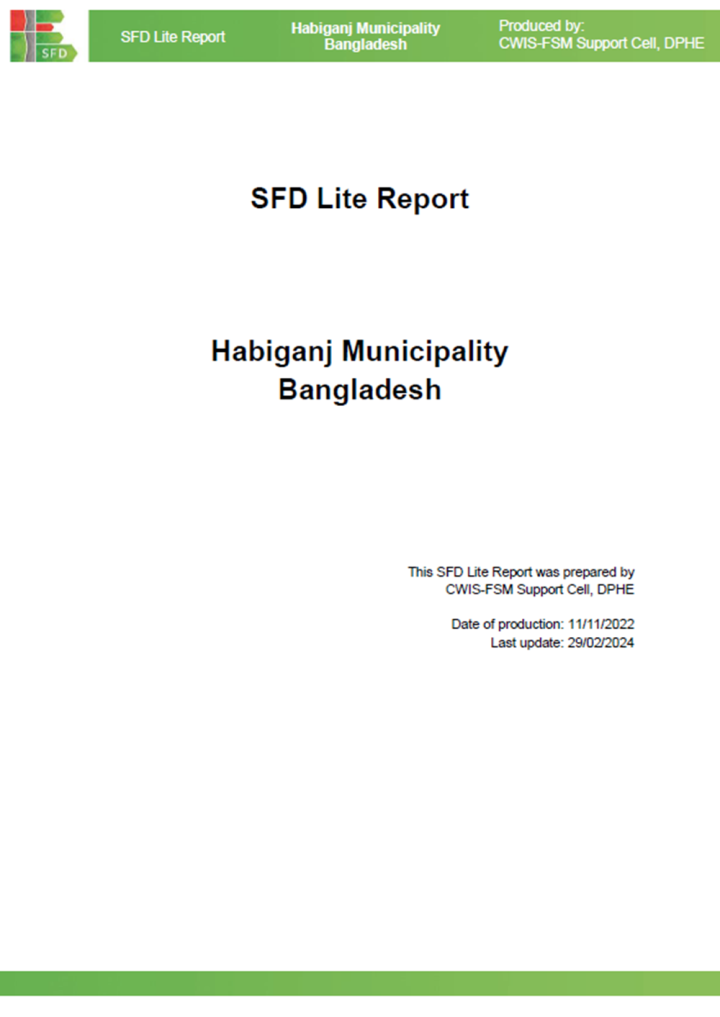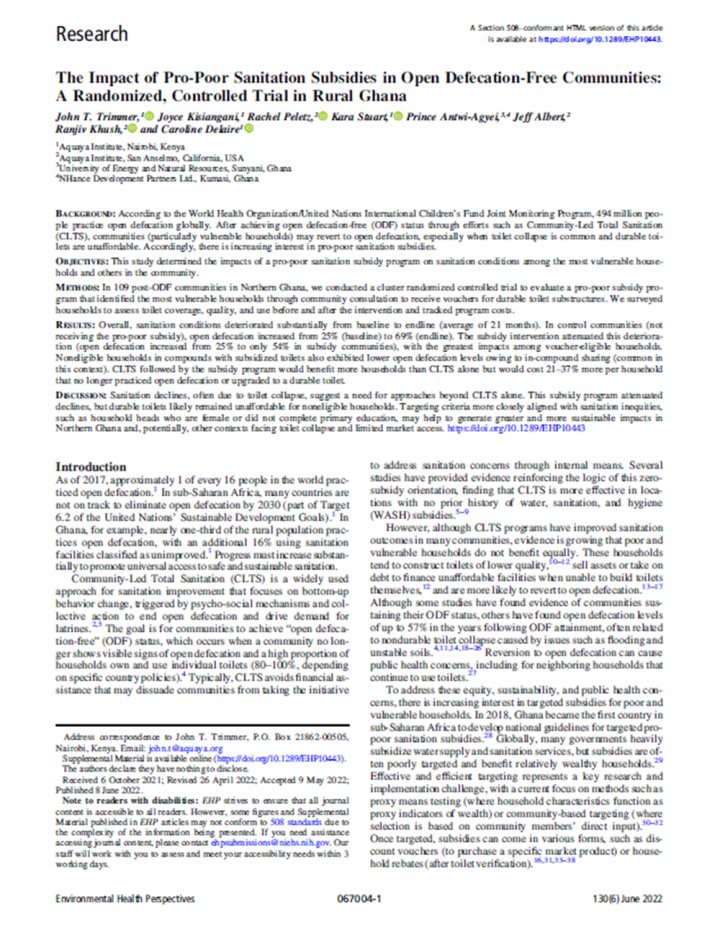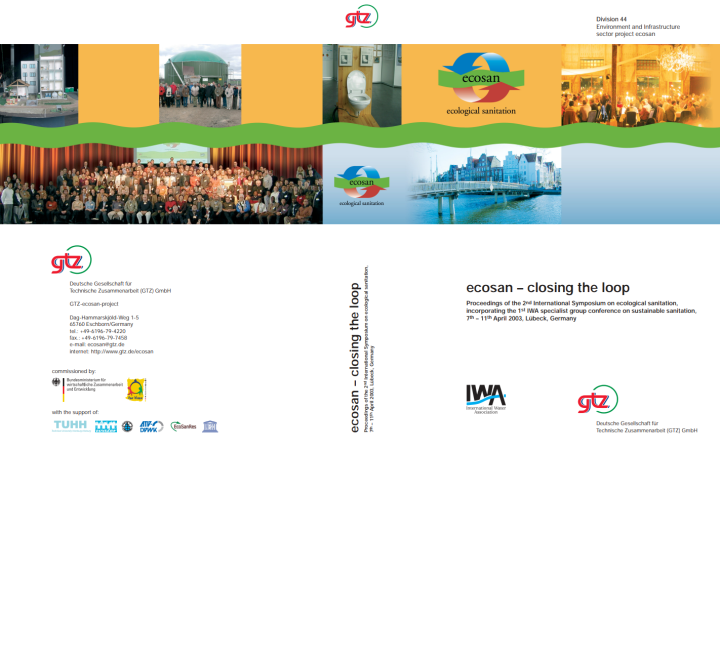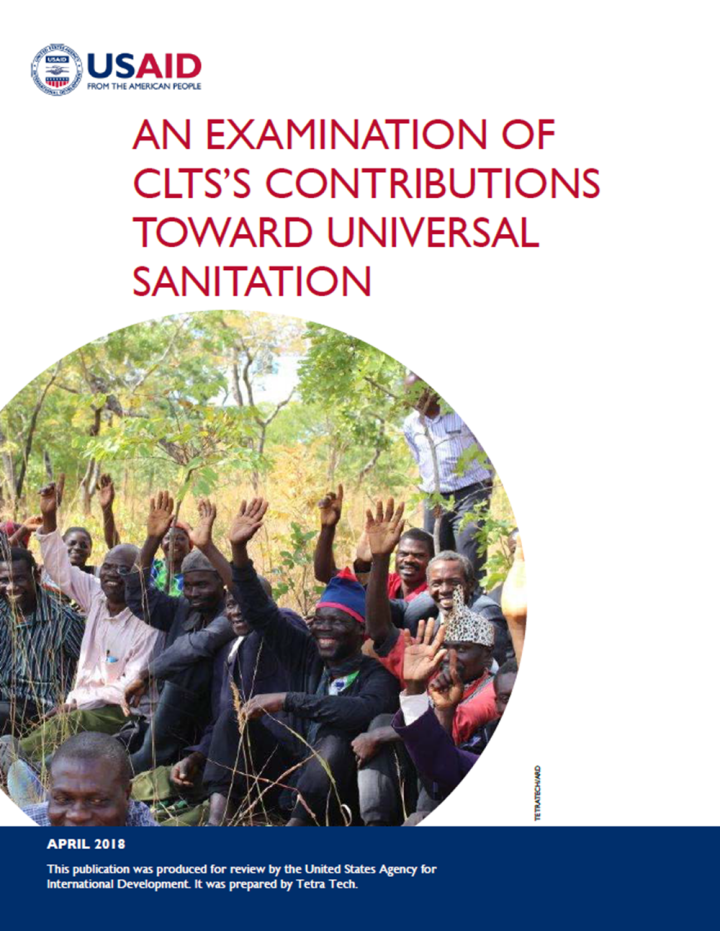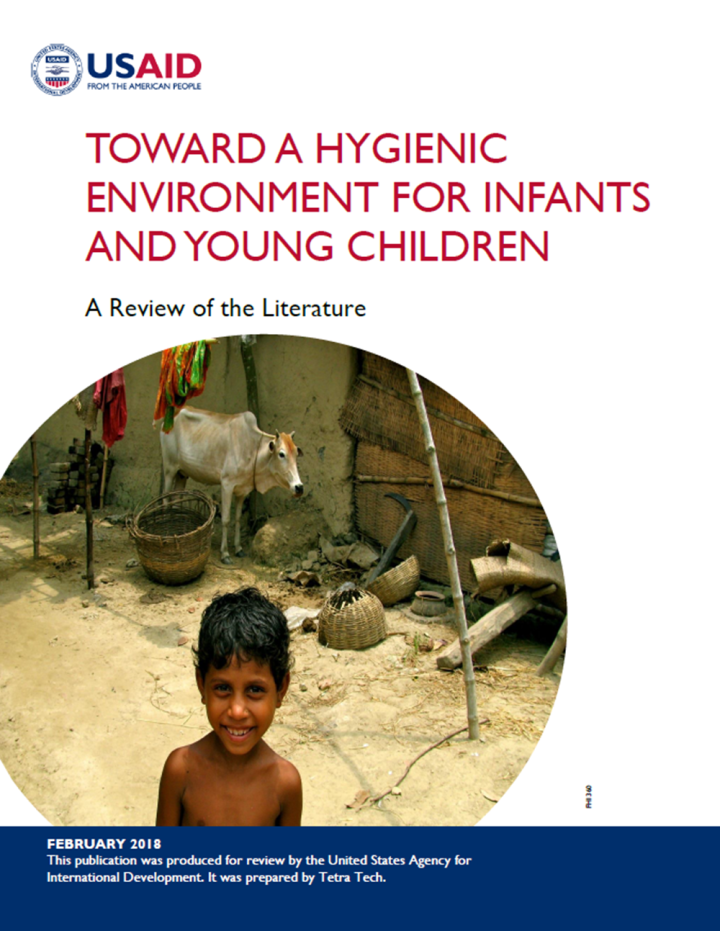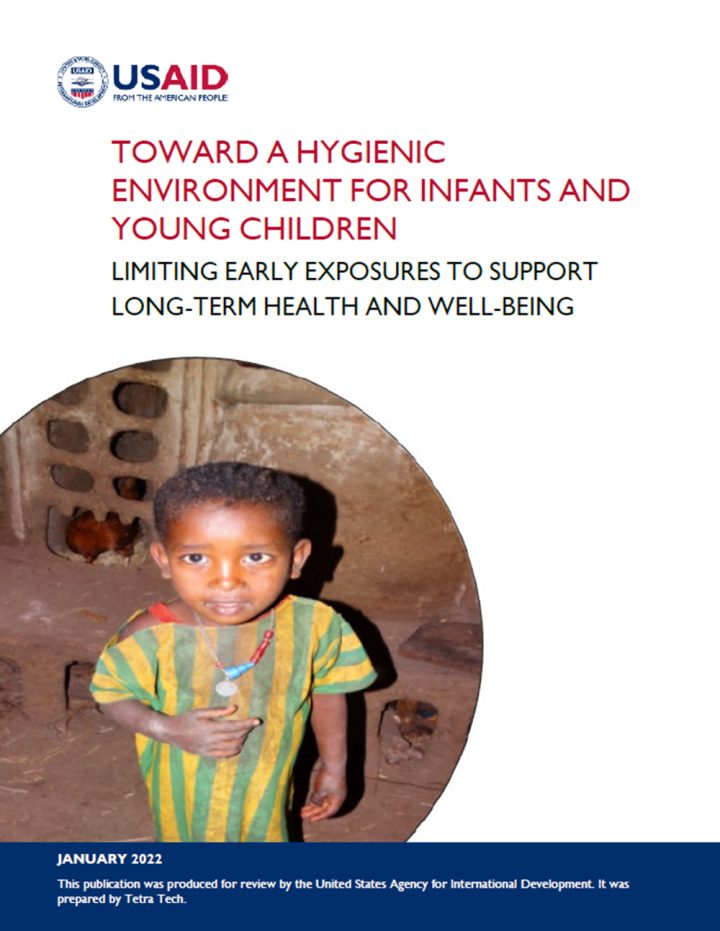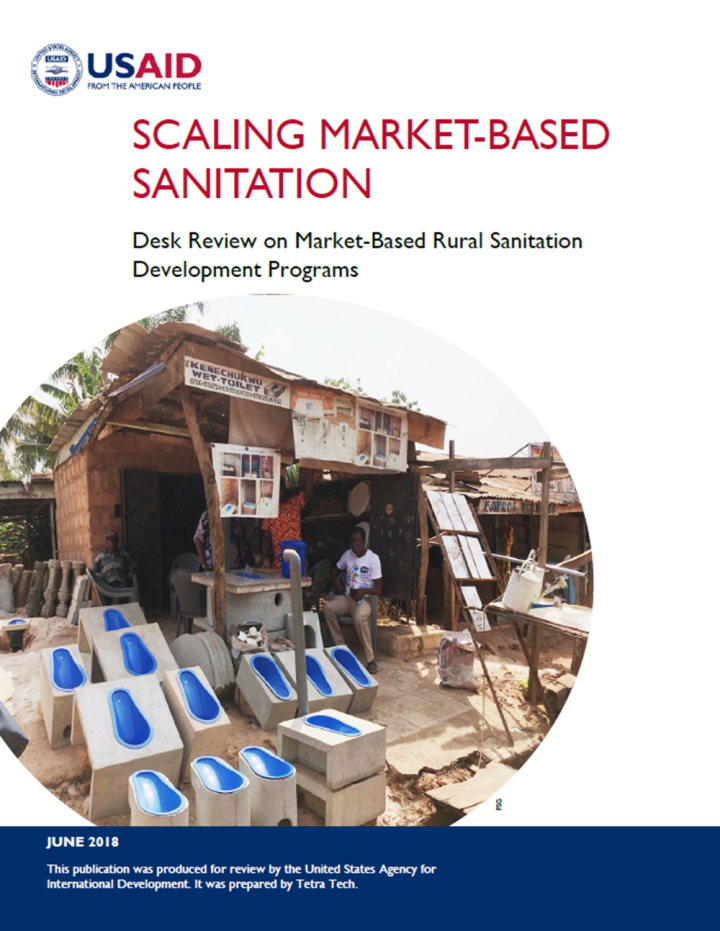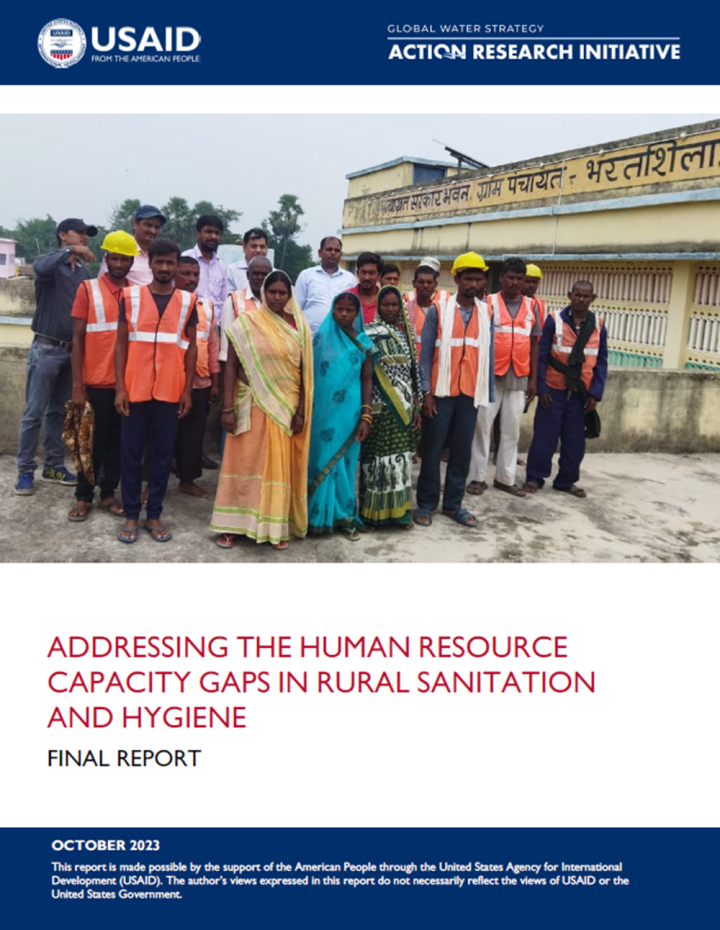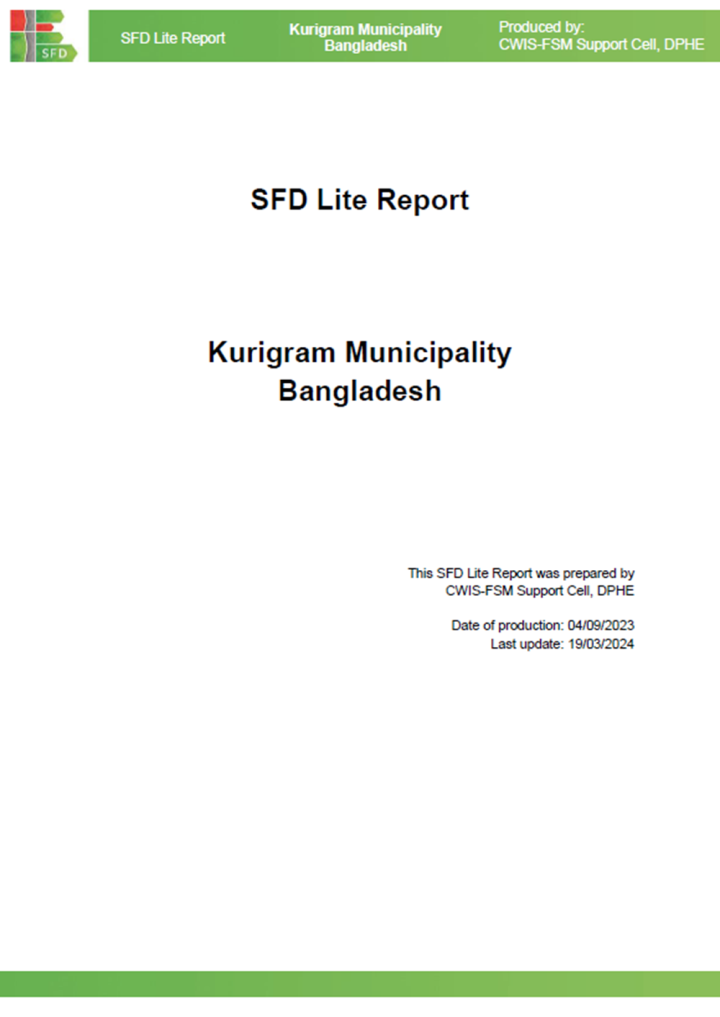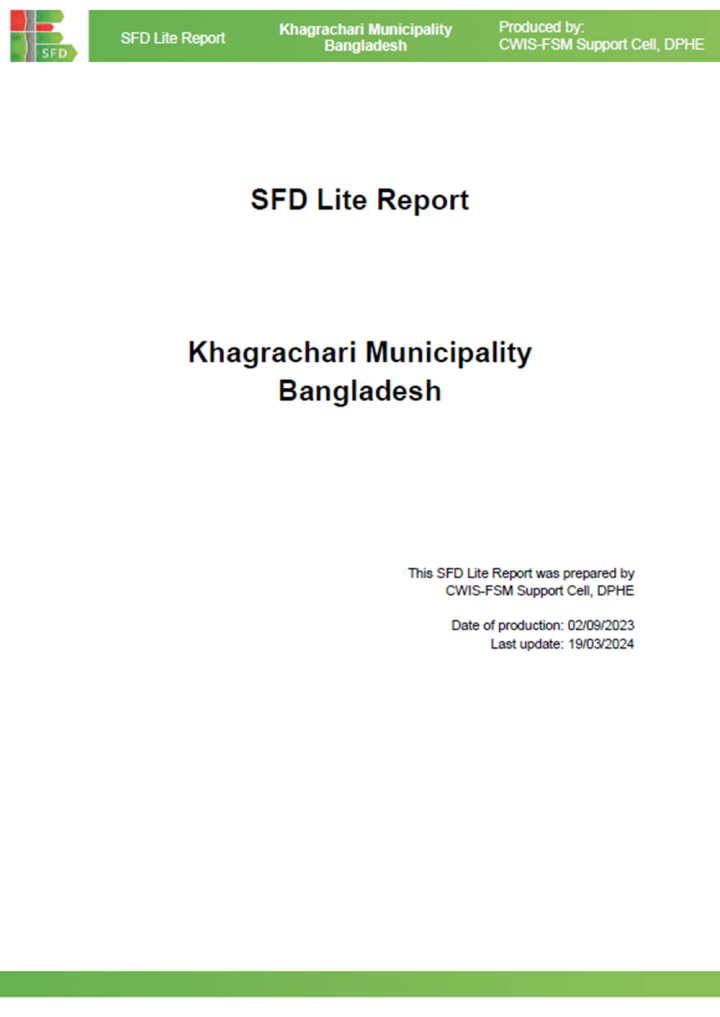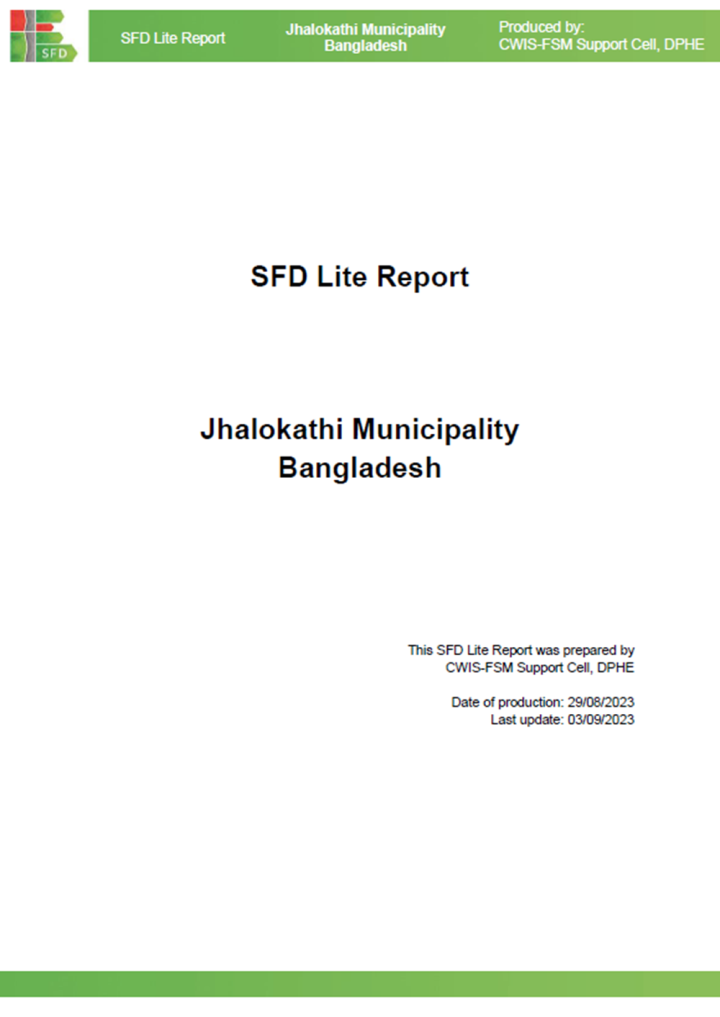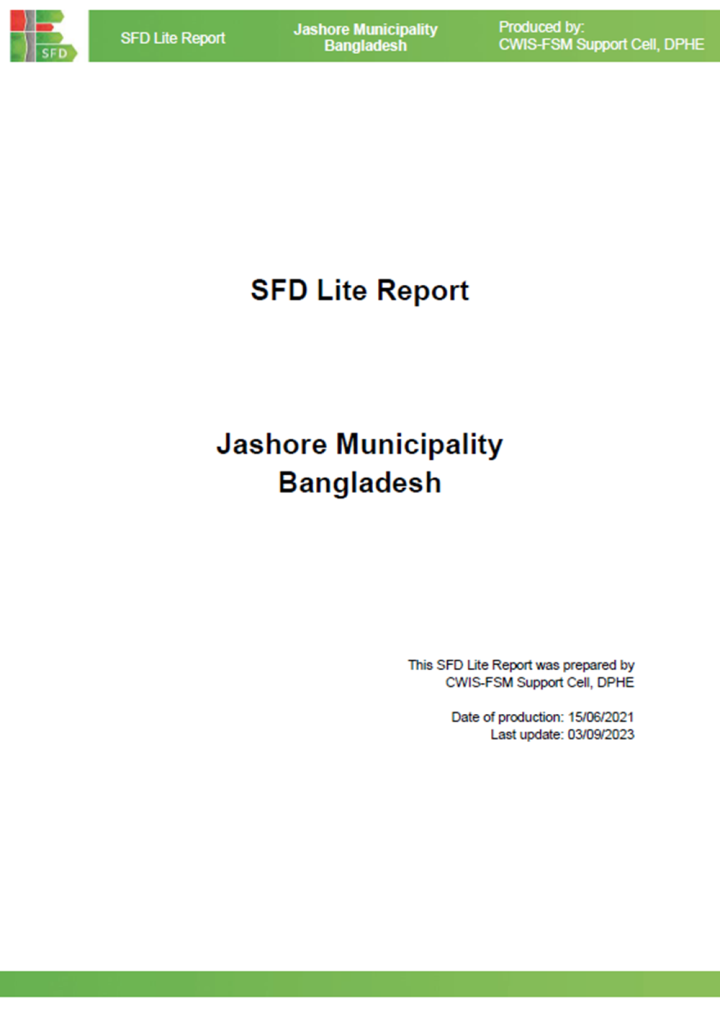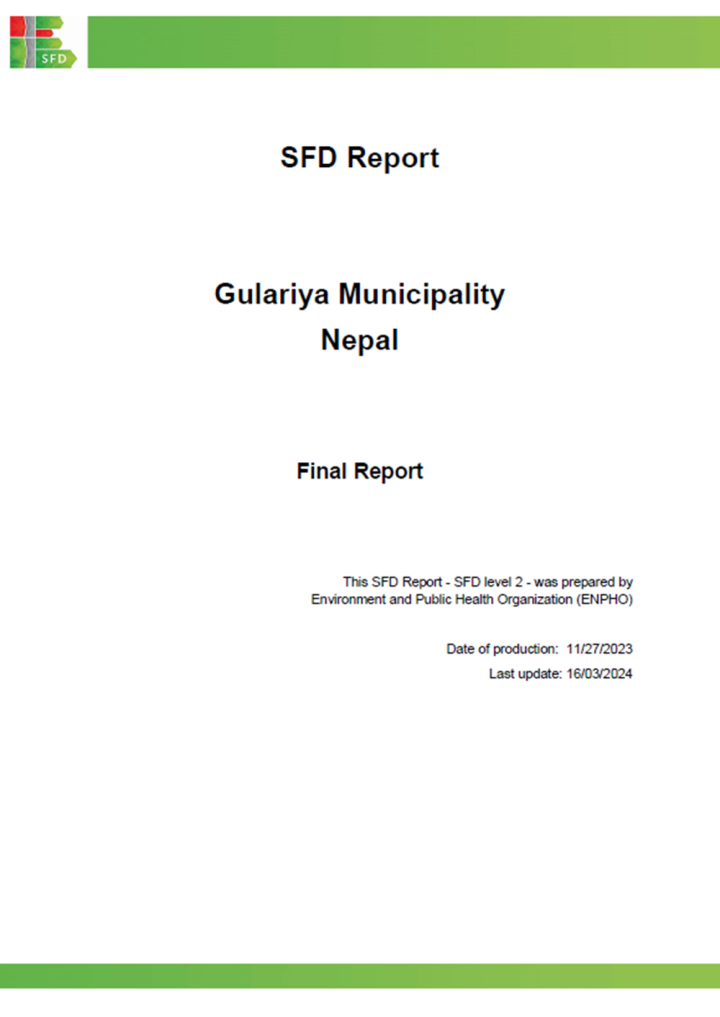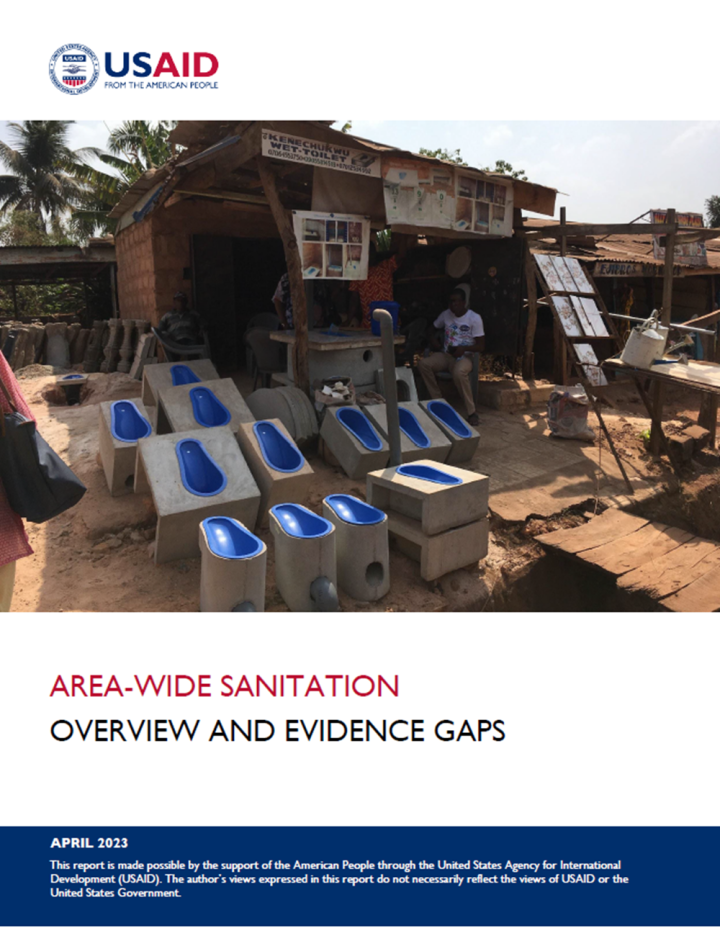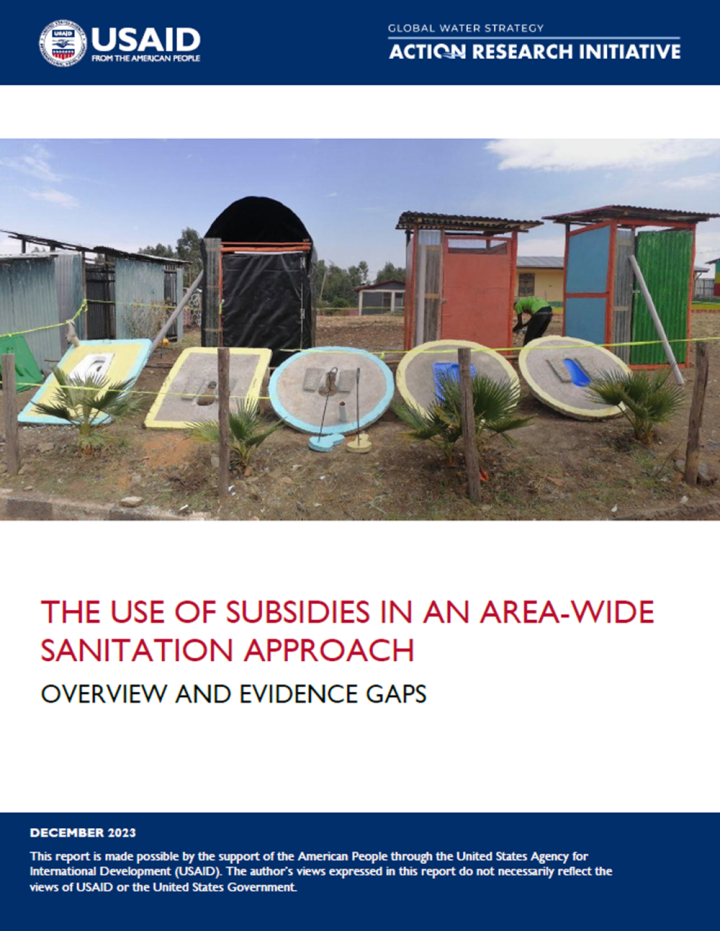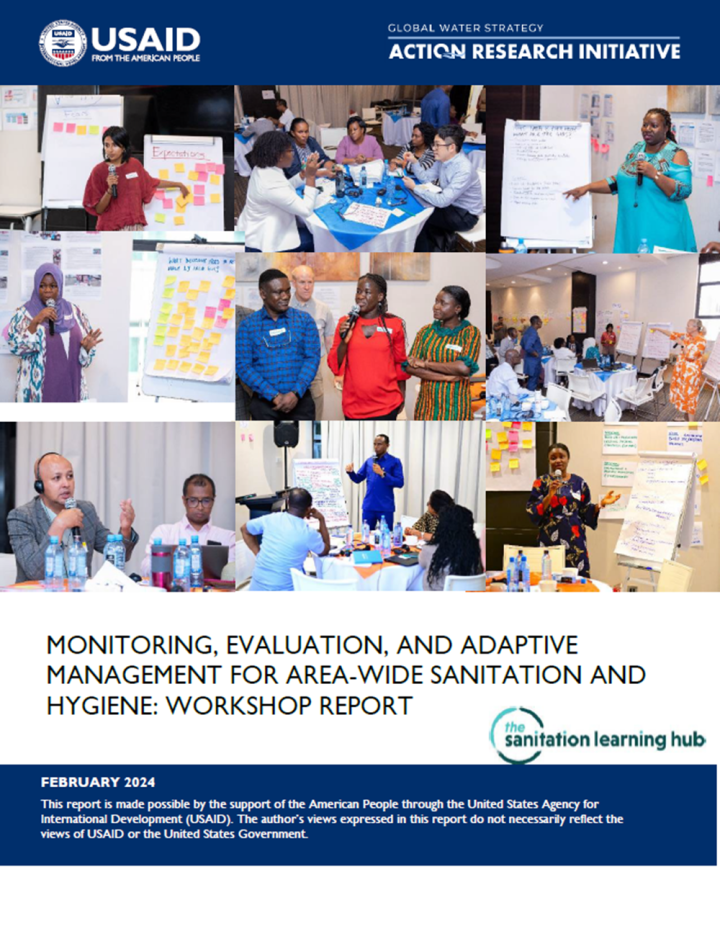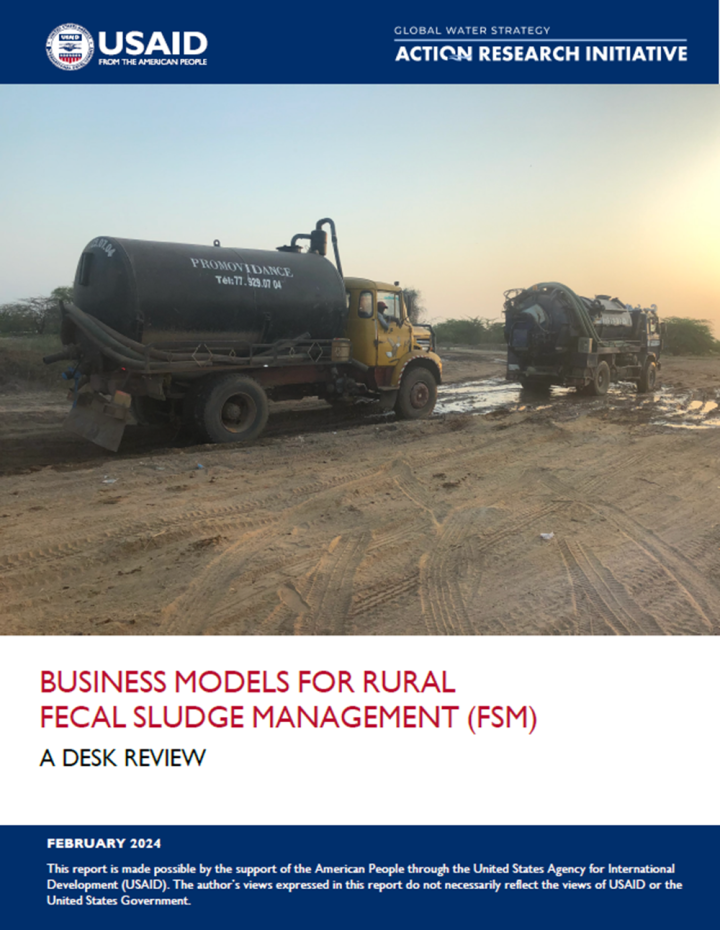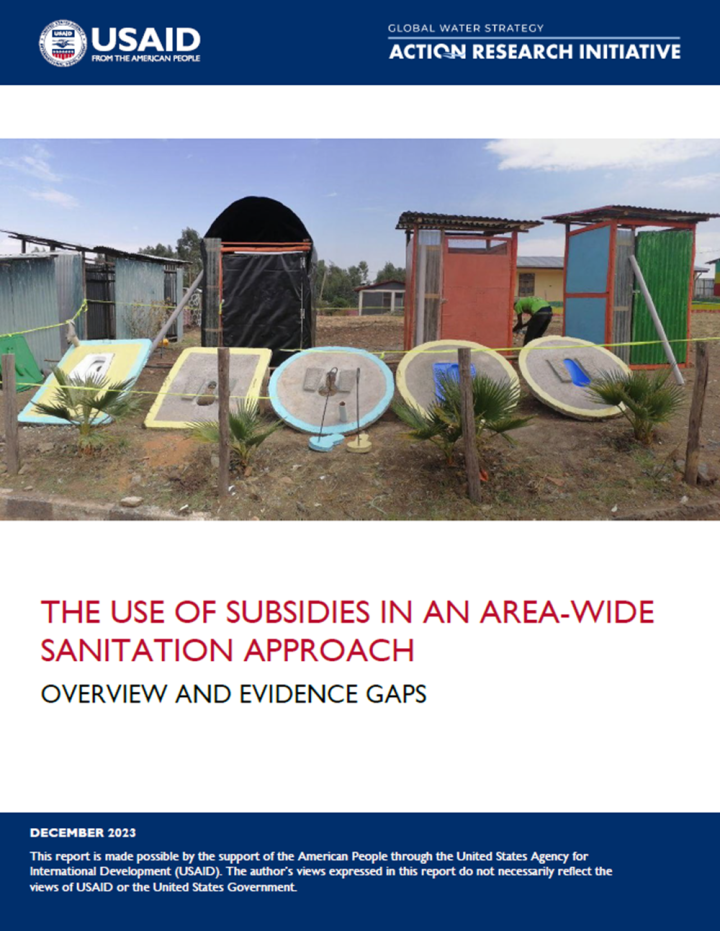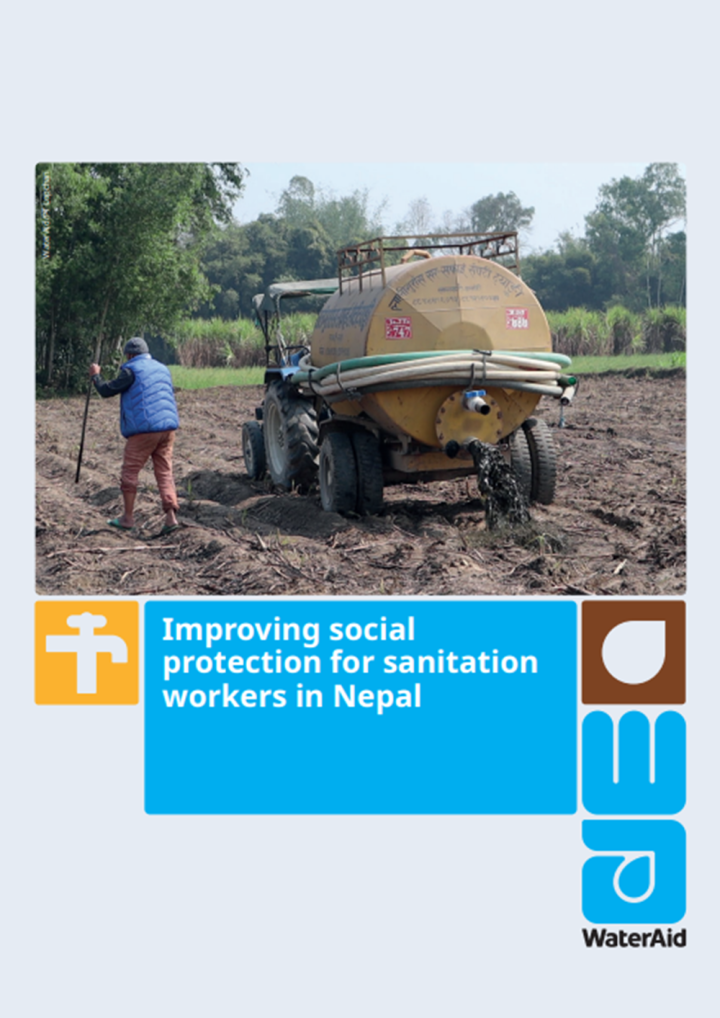Searching for information on Sanitation Workers?
The Sanitation Workers Knowledge + Learning Hub is the best source for all current news, trends, articles and updates on sanitation workers rights around the world.
Moulvibazar is a fast-growing city, which is 203 km away from the Dhaka city. It is beside the Manu River and well connected with road and water. It is one of the oldest towns in the sub-continent and was declared Municipality in 1987.
According to the population census in 2011 by the Bangladesh Bureau of Statistics (BBS), the Moulvibazar Population was 56,537. The urban population growth in …
Mymensingh is a fast-growing city, which is 112 km away from the Dhaka city. It is beside the Brahmaputra River and well connected with road, water, and railways. It is one of the oldest towns in the sub-continent and was declared City Corporation in 2018.
According to the population census in 2011 by the Bangladesh Bureau of Statistics (BBS), the Mymensingh city population was 512,062. The …
Manikganj is a fast-growing city, which is 54 km away from the Dhaka city. It is beside the Kaliganga River and well connected with road and waterway. It is one of the oldest towns and was declared Municipality in 1972.
According to the population census in 2011 by the Bangladesh Bureau of Statistics (BBS), the Manikganj city population was 71,698. The urban population growth is 2% per year. …
Kushtia is a fast-growing city located along the Dhaka- N1 and Rajshahi-Kushtia highway and 171 km West of Dhaka. It is beside the Madhumati River and is well connected with road, water, and railways. It is one of the oldest towns in the sub-continent and was declared a municipality in 1869.
According to the population census in 2011 by the Bangladesh Bureau of Statistics (BBS), the Kushtia …
Bheriganga Municipality is in Surkhet District, Karnali Province of Nepal. It has a total of 13 wards and covers an area of 256.2 km2. It was established on 2 December 2014.
According to national population and housing census 2021, the municipality has a total population of 48,203 and 11,539 households. The total male and female populations are 22,538 and 25,665 respectively. The population …
Shivaraj Municipality, established in 2014 through the merger of eight Village Development Committees (VDCs) in the Kapilvastu district, Nepal, encompasses 248.08 square kilometres.
The 2021 census reports a population of 84,810 in 16,241 households, with a gender distribution of 51.3% male and 48.7% female.
The SFD graphic shows that 49% of the excreta or faecal sludge generated are safely …
Habiganj is a fast-growing city, which is 159 km away from the Dhaka city. It is beside the Khowai River and well connected with road and water. It is one of the oldest towns in the sub-continent and was declared Municipality in 1881. Habiganj is one of the 53 district level municipalities in the country
According to the population census in 2011 by the Bangladesh Bureau of Statistics (BBS), …
According to the World Health Organization/United Nations International Children’s Fund Joint Monitoring Program, 494 million people practice open defecation globally. After achieving open defecation-free (ODF) status through efforts such as Community-Led Total Sanitation (CLTS), communities (particularly vulnerable households) may revert to open defecation, especially when toilet collapse is …
Two and a half years after the first ecological sanitation conference in Bonn, the Deutsche Gesellschaft für Technische Zusammenarbeit (GTZ) GmbH and the International Water Association (IWA) jointly organised and held the 2nd International Symposium on ecological sanitation “ecosan – closing the loop” in April 2003 in Lübeck.
This desk review examines the refereed and gray literature on Community Led Total Sanitation (CLTS), with the central objective of assessing the knowledge base on best practices and identifying evidence gaps to inform the project’s research agenda (to generate findings that improve policy and practice).
The review offers a description of the CLTS intervention, tracing its evolution in theory …
The USAID Water, Sanitation, and Hygiene Partnerships and Learning for Sustainability (WASHPaLS) project conducted a review of the scientific and grey literature, complemented by dozens of key informant interviews with researchers and field implementers, to synthesize the latest understanding of key pathways of fecal microbe ingestion by infants and young children (IYC) and their links to …
Direct ingestion of animal and human feces in soil as well as exploratory mouthing by infants and young children remain underemphasized pathways of fecal pathogen exposure impacting child health and growth, as highlighted in the 2018 Water, Sanitation, and Hygiene Partnerships and Learning for Sustainability Program (WASHPaLS) desk review, “Toward a Hygienic Environment for Infants and Young …
This desk review from the USAID/WASHPaLS project investigates the current state of knowledge in market-based sanitation (MBS) and establishes a framework to analyze, design, and improve MBS interventions. This report is based on a survey of approximately 600 documents on MBS, in-depth research into 13 MBS intervention case studies across the global south, and interviews with sector experts and …
Understanding and addressing the human resource needs and gaps in the sanitation and hygiene sector is a critical part of achieving universal access to adequate and equitable sanitation and hygiene. Previous studies have attempted to map the human resource capacity and needs of the sanitation and hygiene sectors; however, these studies have focused on educated and skilled professionals, …
Kurigram is a fast-growing city, which is 339 km away from the Dhaka. It is beside the Dharla River and is well connected with road and railways. It is one of the oldest towns in the sub-continent and was declared Municipality in 1972. Kurigram is one of the 53 district level municipalities in the country.
According to the population census in 2011 by the Bangladesh Bureau of Statistics …
Khagrachari is a fast-growing city, which is 273 km away from the Dhaka city. It is beside the Chengi River and well connected with road and water. It is one of the oldest towns in the sub-continent and was declared a Municipality in 1984. Khagrachari is one of the 53 district level municipalities in the country.
According to the population census in 2011 by the Bangladesh Bureau of Statistics …
Jhalokathi Municipality is a fast-growing city, which is 208 km away from the Dhaka city. It is beside the Bishkhali River and well connected with road and water. It is one of the oldest towns in the sub-continent and was declared Paurashava in 1875. Jhalokathi is one of the 53 district level municipalities in the country.
According to the population census in 2011 by the Bangladesh Bureau of …
Jashore (previously known as Jessore) is a fast-growing city located along the Dhaka-Khulna highway and 275 km Southern-Western of Dhaka. The Bhairab River passes through the middle of the city and is well connected with road, water, and railways.
According to the population census in 2011 by the Bangladesh Bureau of Statistics (BBS), the population of Jashore Municipality was 201,796. The …
Gulariya, a municipality in Nepal's Bardiya district, was established in 2053 BS (1997 AD) and later restructured in 2073 (2016 AD). Comprising 12 political wards over 118.21 square kilometres in the southern plains of the Terai region and positioned 35 kilometres west of Nepalgunj, Gulariya has an elevation of 187 metres.
The 2021 national population and housing census reported a population …
The last few decades have witnessed substantial gains in access to sanitation, as nearly 2.4 billion people gained access to improved toilets and open defecation (OD) rates fell 12 percentage-points globally (from 21% to 9%) between 2000 and 2020. Despite this progress, many countries are off track to meet their sustainable development goal (SDG) 6.2 targets. To reach these targets by 2030, a …
Hardware subsidies used to be commonplace policy tools for expanding sanitation access in rural areas. Overtime, however, hardware subsidies were found to produce distortionary effects on sanitation markets and failed to achieve sustained latrine usage and hygienic behaviors, and therefore declined in popularity in the mid-2000s.
However, “no subsidy” approaches are not sufficient either, …
Monitoring and evaluation (M&E) is essential to understanding the barriers, successes, and progress made toward achieving area-wide sanitation and hygiene outcomes. However, M&E can be challenging to undertake, given significant and competing demands on limited local government resources and capacities. USAID’s WASHPaLS #2 area-wide sanitation (AWS) desk review identified significant knowledge …
Over the last decade, basic sanitation coverage in rural areas of low- and middle-income countries has progressed significantly, especially in Asia. Sustaining those resulting gains in human, environmental, and community health, all while progressing toward targets of Sustainable Development Goal 6, requires safely managing the fecal sludge generated in on-site sanitation systems.
When …
Hardware subsidies used to be commonplace policy tools for expanding sanitation access in rural areas. Overtime, however, hardware subsidies were found to produce distortionary effects on sanitation markets and failed to achieve sustained latrine usage and hygienic behaviors, and therefore declined in popularity in the mid-2000s.
However, “no subsidy” approaches are not sufficient either, …
Sanitation workers play a vital role in maintaining cleanliness and safety within the sanitation chain, a crucial aspect of achieving Sustainable Development Goal (SDG) 6. However, they often face poor working conditions, social and economic marginalization, and significant health risks, including the threat of infection and injury, sometimes leading to fatalities, compromising their dignity and …

